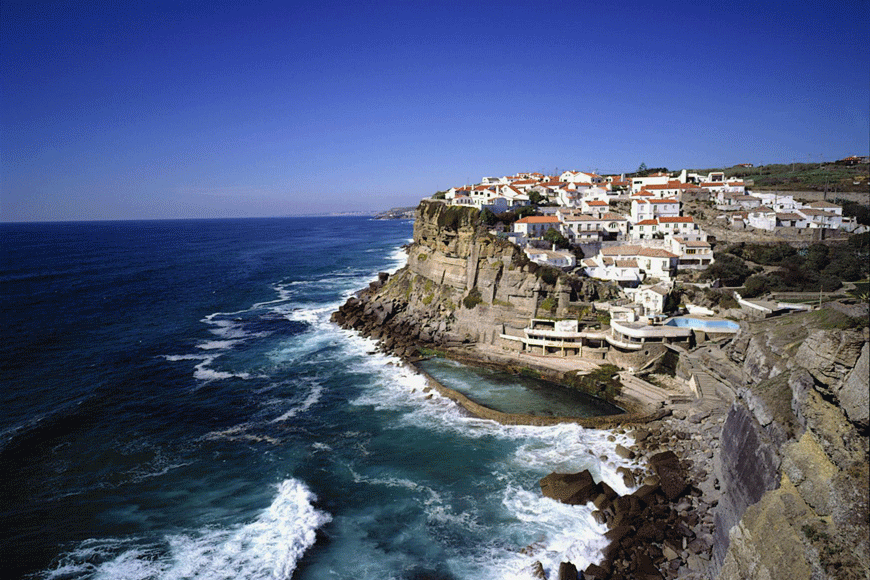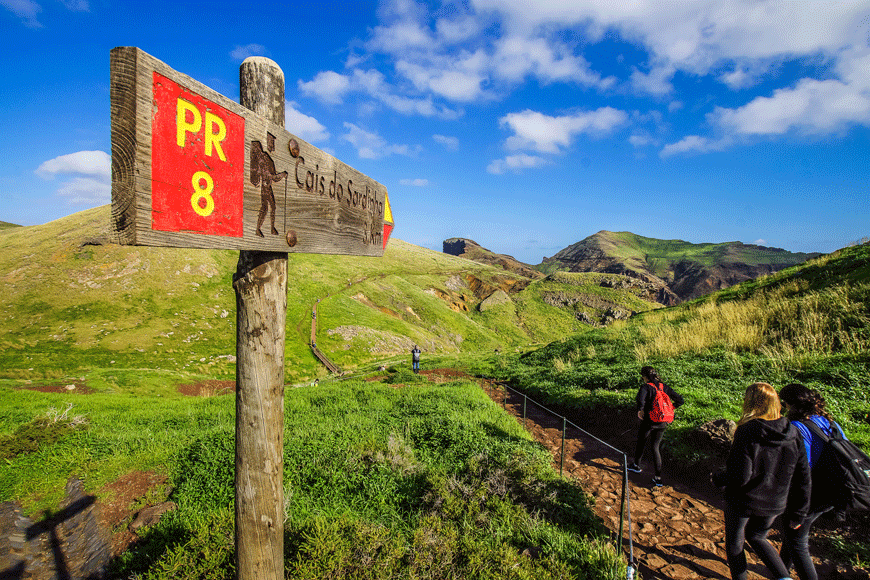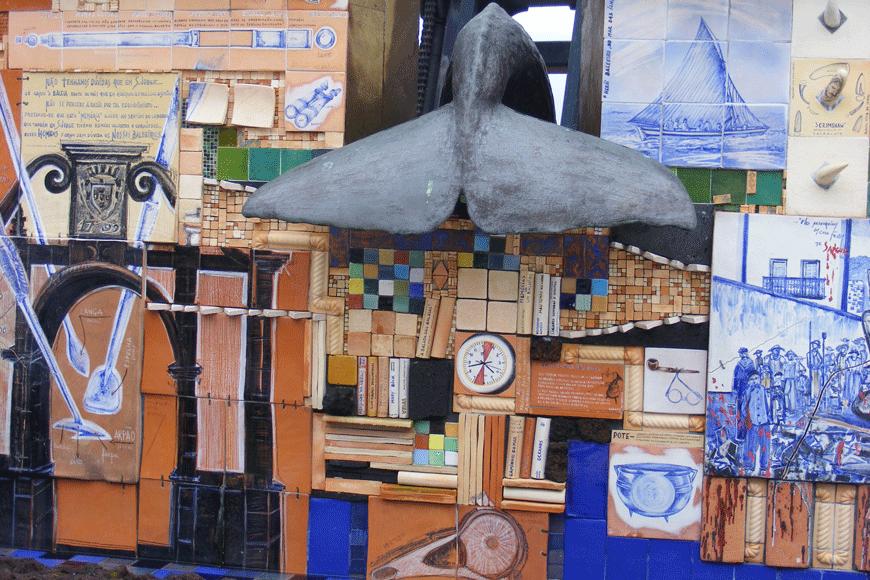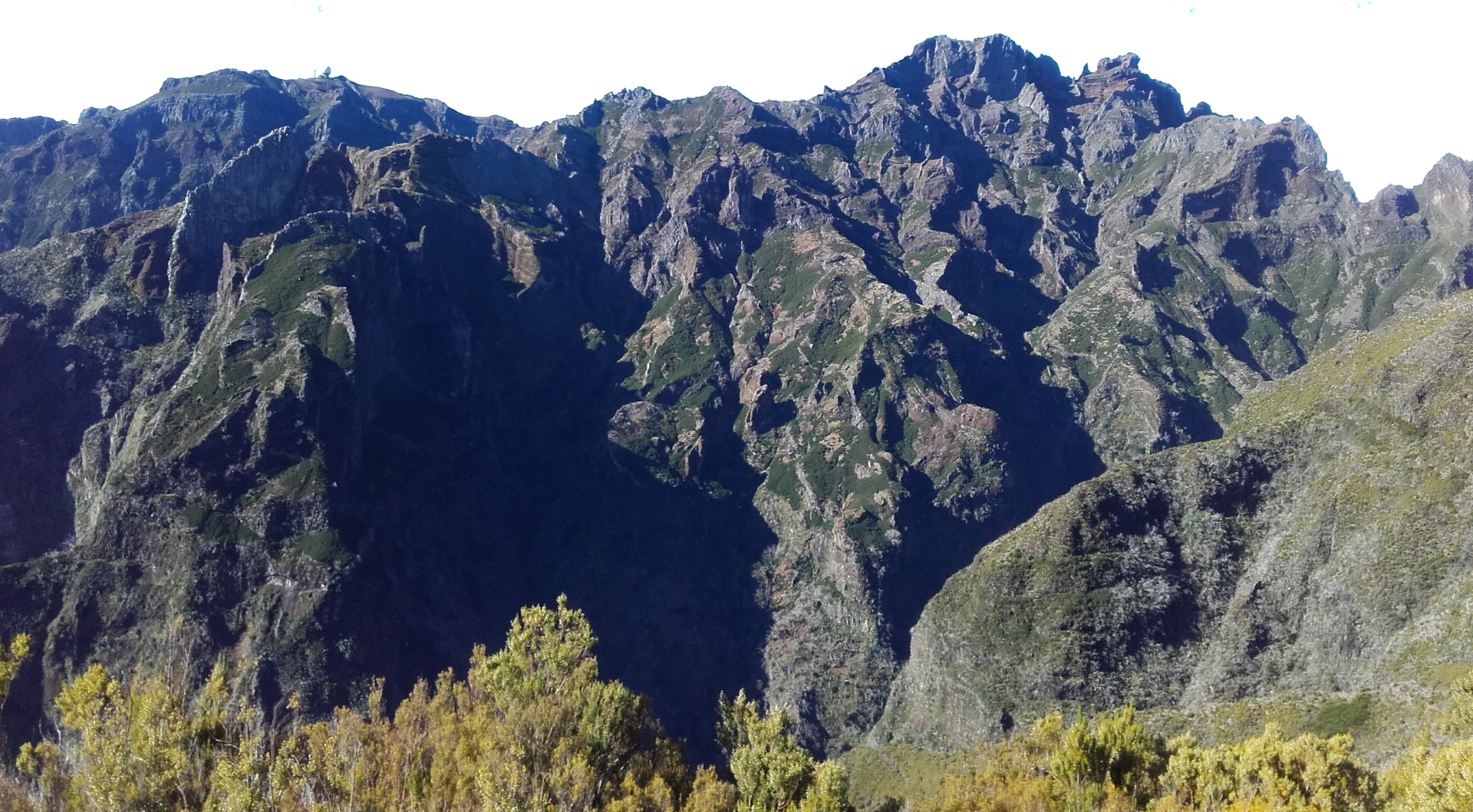Day 1 - Arrival in Porto
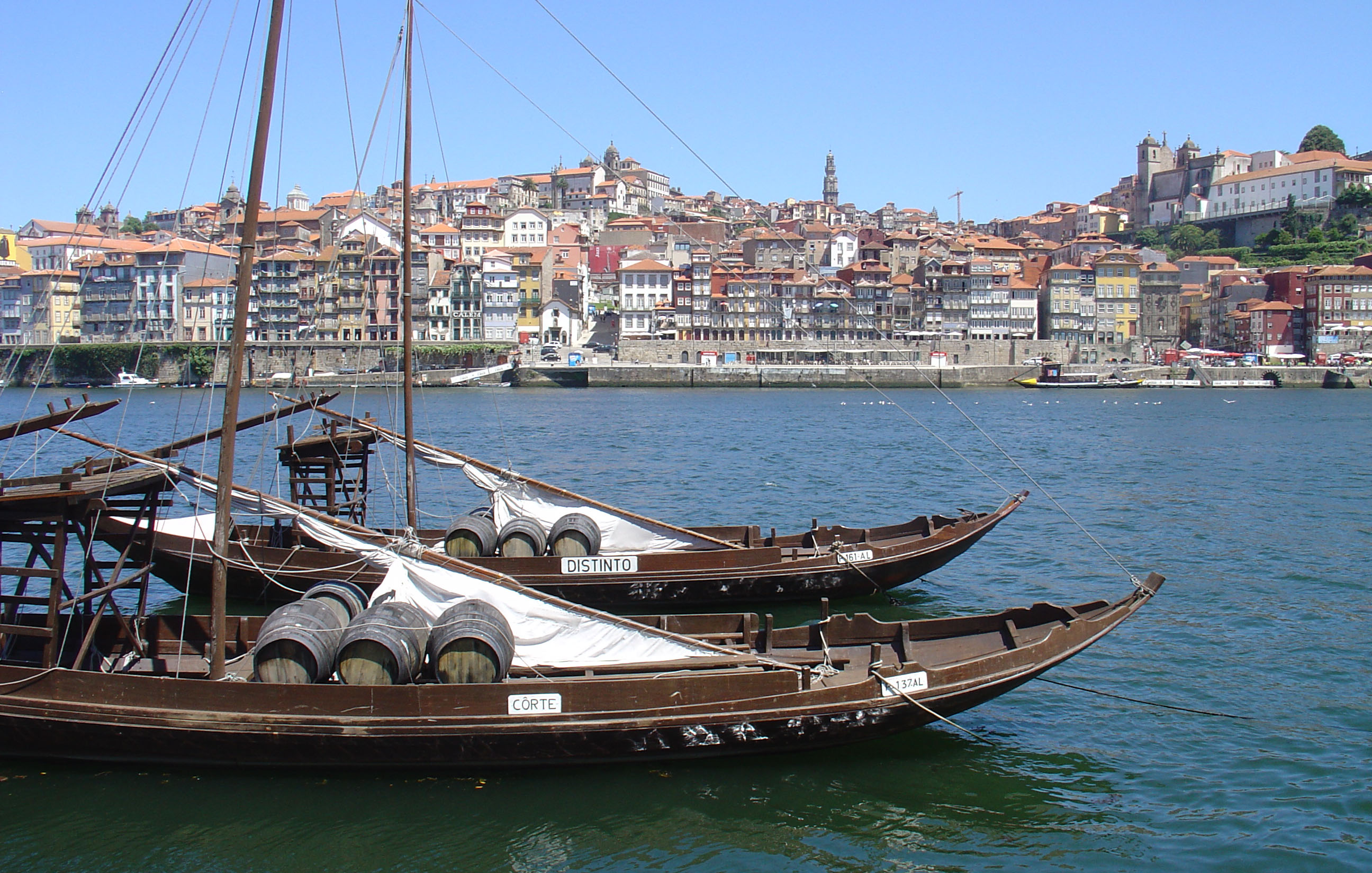 Optional transfer to your accommodation in Porto, the capital of Northern Portugal. Porto has a unique charm and fascinating culture. Some free time to explore this beautiful granite city built on the hills above the river, boasting a dynamic and contemporary vibe with a rich history. Porto is one of the most interesting cities on the Iberian Peninsula and you can enjoy the colourful buildings jostling for space among baroque mansions and crumbling medieval churches, while beneath parts of the city lie the cellars which store the city’s most famous export: port wine.
Optional transfer to your accommodation in Porto, the capital of Northern Portugal. Porto has a unique charm and fascinating culture. Some free time to explore this beautiful granite city built on the hills above the river, boasting a dynamic and contemporary vibe with a rich history. Porto is one of the most interesting cities on the Iberian Peninsula and you can enjoy the colourful buildings jostling for space among baroque mansions and crumbling medieval churches, while beneath parts of the city lie the cellars which store the city’s most famous export: port wine.
Night: Porto
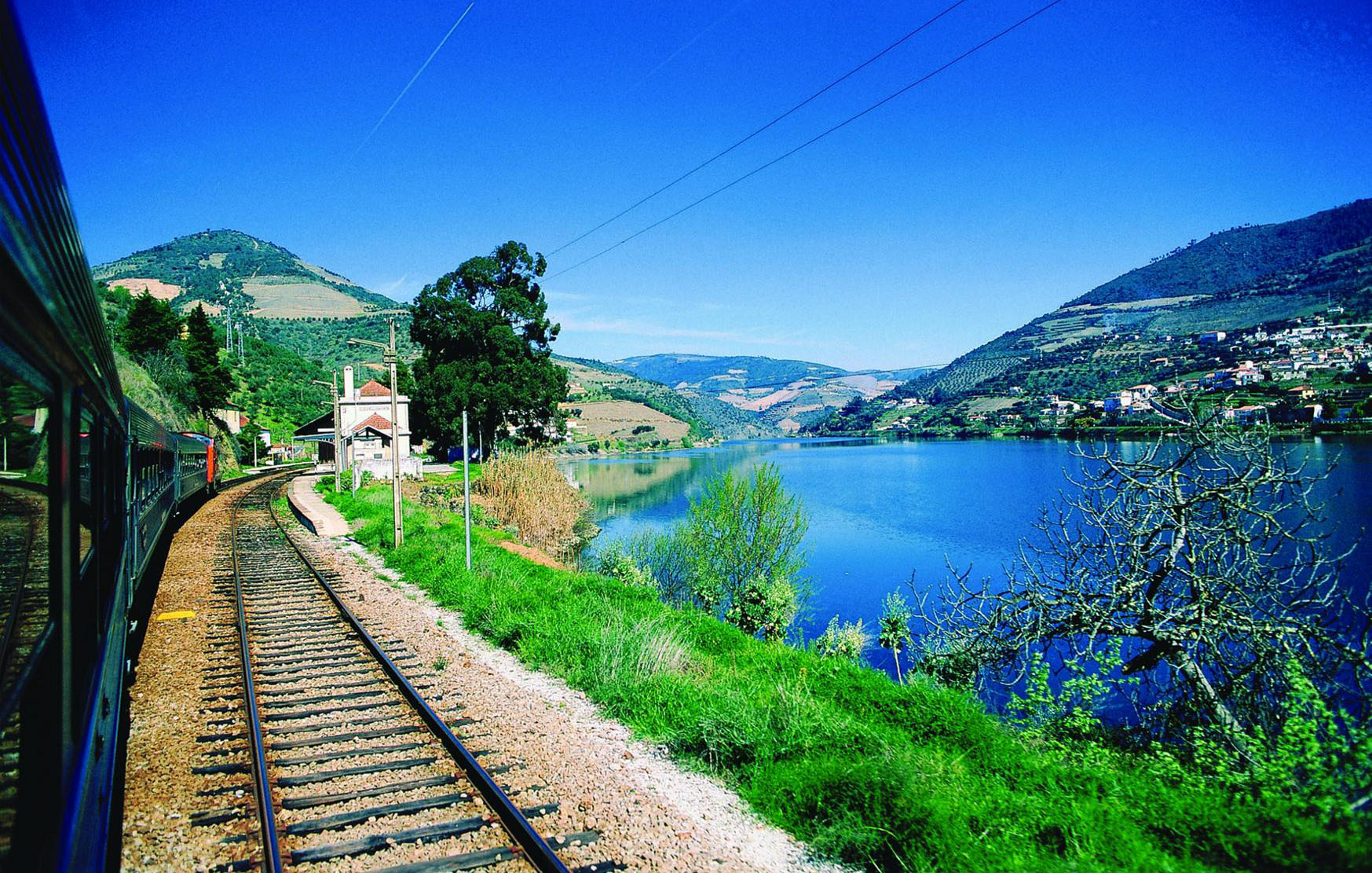 A taxi will take you to the train station in São Bento, with its entrance hall covered with frescoes of azulejos. You enjoy a 2h15 journey on the Douro train. This 19th century train line passes through towns and countryside before rejoining the riverbed with its landscapes sculpted by human hands for centuries. You arrive in the charming small town of Pinhão where you will stay for the next 2 nights. An afternoon transfer (20 mins) will take you to the Quinta Nova. Stroll through the wine estate following a marked out didactic itinerary which allows you to admire the characteristics specific to the quintas of the Douro: vines, chapel, orchards, outbuildings, cellars, and terraced crops, before sampling the Port wines.
A taxi will take you to the train station in São Bento, with its entrance hall covered with frescoes of azulejos. You enjoy a 2h15 journey on the Douro train. This 19th century train line passes through towns and countryside before rejoining the riverbed with its landscapes sculpted by human hands for centuries. You arrive in the charming small town of Pinhão where you will stay for the next 2 nights. An afternoon transfer (20 mins) will take you to the Quinta Nova. Stroll through the wine estate following a marked out didactic itinerary which allows you to admire the characteristics specific to the quintas of the Douro: vines, chapel, orchards, outbuildings, cellars, and terraced crops, before sampling the Port wines.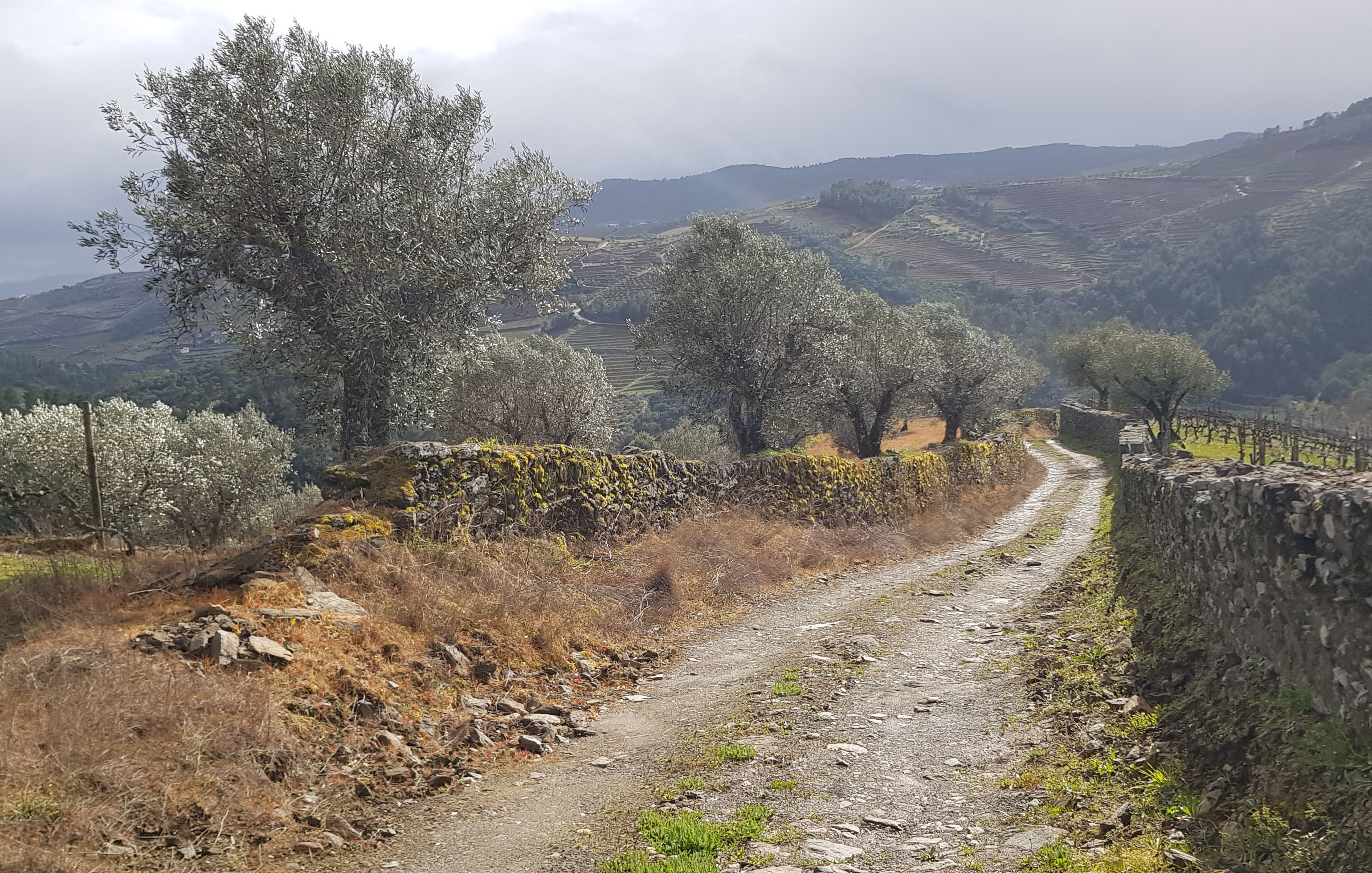 Climb towards the village of Provesende boasting stunning panoramic views. Descend among the high schist terraces covered with vines, olive trees or almond trees to reach the Pinhão river that leads to the village of the same name. You can choose to visit the Quinta de la Rosa estate at the end of your walk (add an extra 3km).
Climb towards the village of Provesende boasting stunning panoramic views. Descend among the high schist terraces covered with vines, olive trees or almond trees to reach the Pinhão river that leads to the village of the same name. You can choose to visit the Quinta de la Rosa estate at the end of your walk (add an extra 3km). Train (30 min) to Peso da Regua, a strategic town at the confluence of the Douro and Corgo rivers. From Quinta Pacheca, the route follows the majestic river before climbing up to the terraced vineyards and passing through small hamlets and villages built mainly of dry stone. Back in Regua, a visit to the Douro Museum is recommended to gain a better understanding of the history of this extraordinary region.
Train (30 min) to Peso da Regua, a strategic town at the confluence of the Douro and Corgo rivers. From Quinta Pacheca, the route follows the majestic river before climbing up to the terraced vineyards and passing through small hamlets and villages built mainly of dry stone. Back in Regua, a visit to the Douro Museum is recommended to gain a better understanding of the history of this extraordinary region.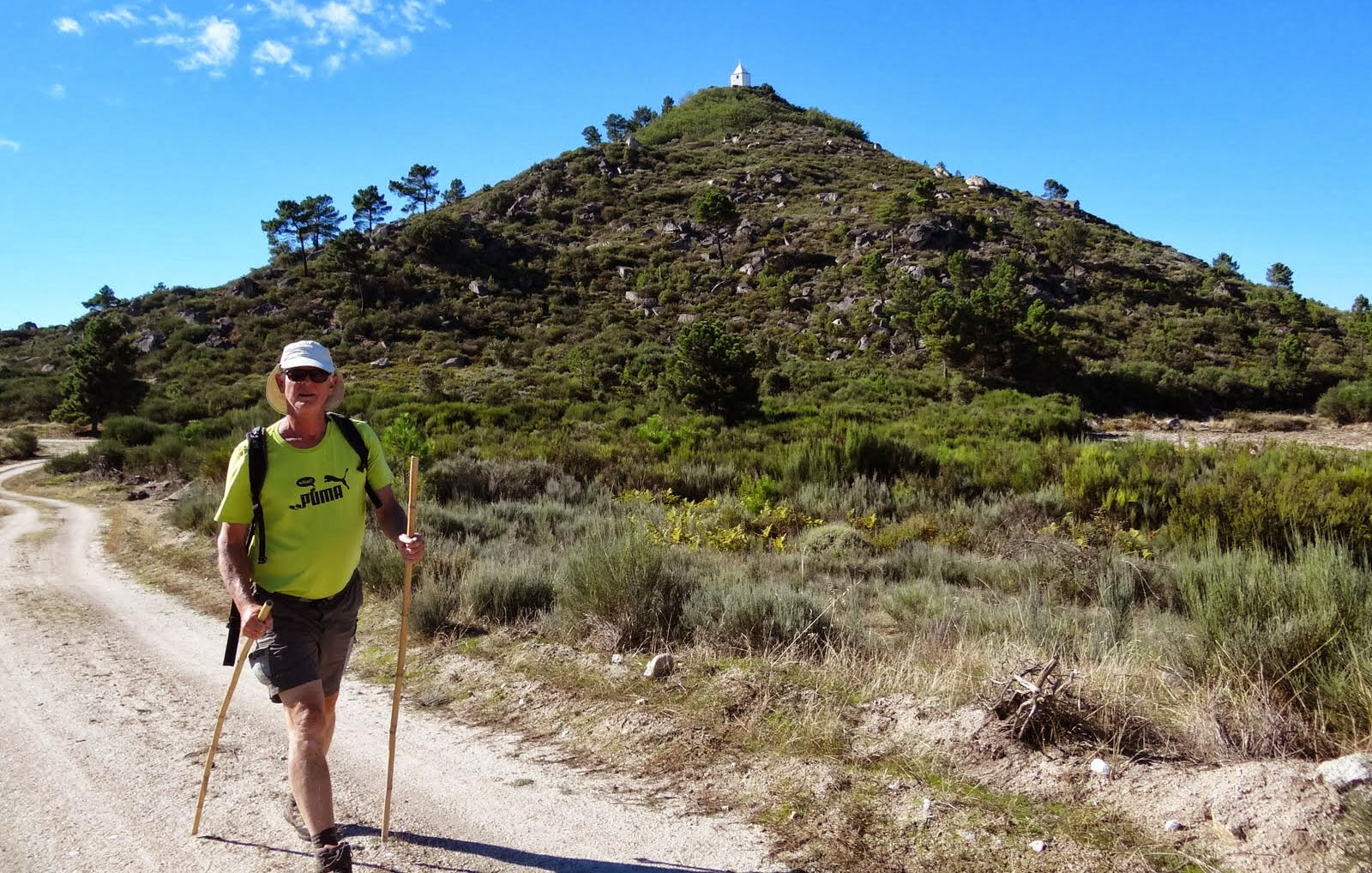 Transfer (30 min) along a spectacular road that leaves the valley behind and heads for the hills towards the small town of Sabrosa far from the Ocean, and the birthplace of the famous explorer Magellan. The paths lead through mixed forests of pine, oak and arbutus trees and offer views of all the surrounding hills, with vineyards stretching as far as the eye can see. The village of Favaios, famous for its muscatel wine and bread, offers a pleasant break before continuing to Alijo along ancient paths. Settle in Alijo for two nights.
Transfer (30 min) along a spectacular road that leaves the valley behind and heads for the hills towards the small town of Sabrosa far from the Ocean, and the birthplace of the famous explorer Magellan. The paths lead through mixed forests of pine, oak and arbutus trees and offer views of all the surrounding hills, with vineyards stretching as far as the eye can see. The village of Favaios, famous for its muscatel wine and bread, offers a pleasant break before continuing to Alijo along ancient paths. Settle in Alijo for two nights. Transfer (30 min) to the village of São Mamede. Crossing an ancient Roman bridge and following a paved Roman road, the route reaches the Tua Valley. A detour is possible to the hilltop chapel of Nossa Senhora dos Prazeres which sits enthroned on a small granite peak. The Tua Valley, covered in forest or ancient terraces and orchards, sometimes offers views of the artificial lake downstream, completed in 2013. Return transfer (30 min) to Alijo.
Transfer (30 min) to the village of São Mamede. Crossing an ancient Roman bridge and following a paved Roman road, the route reaches the Tua Valley. A detour is possible to the hilltop chapel of Nossa Senhora dos Prazeres which sits enthroned on a small granite peak. The Tua Valley, covered in forest or ancient terraces and orchards, sometimes offers views of the artificial lake downstream, completed in 2013. Return transfer (30 min) to Alijo.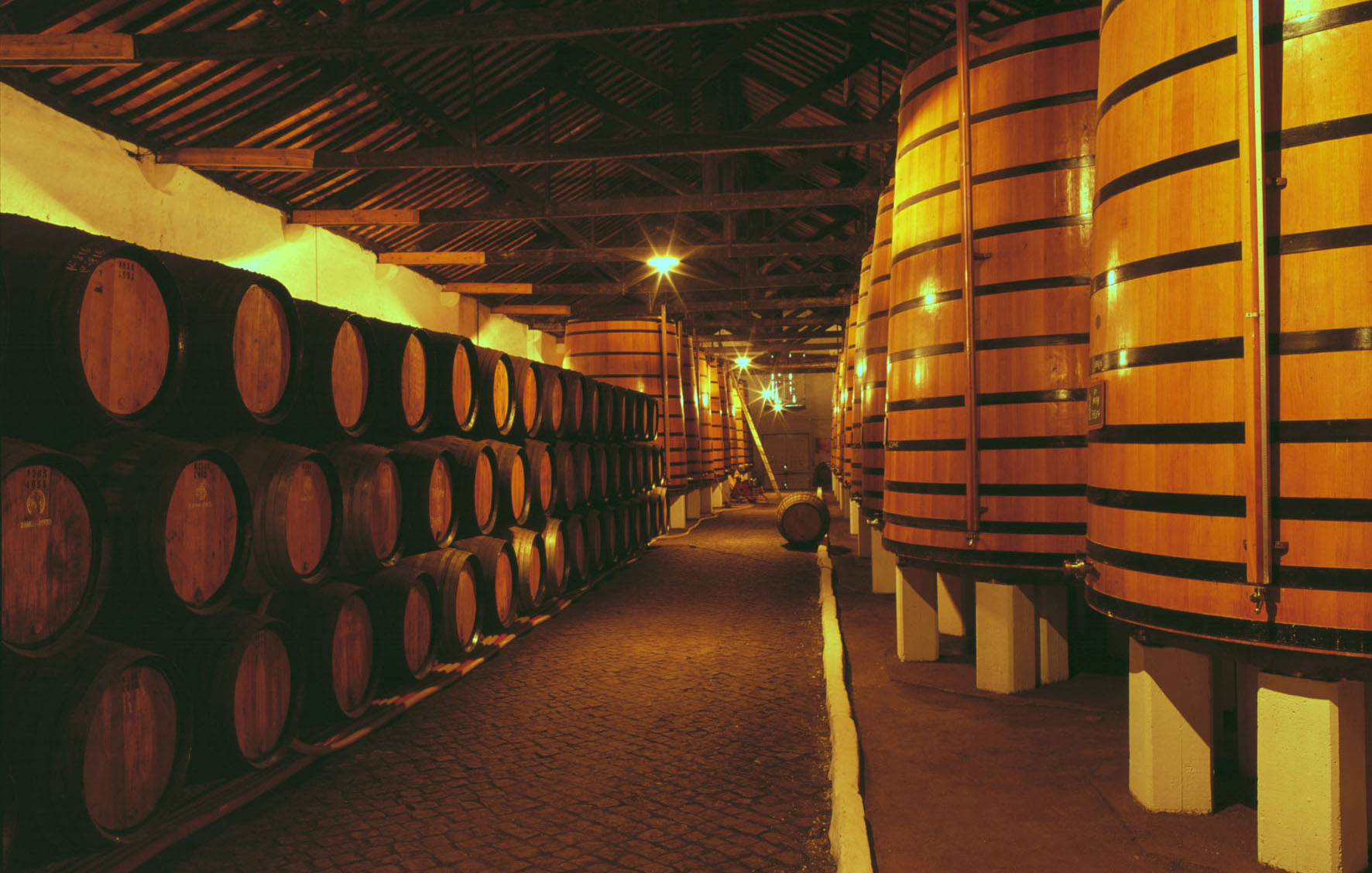 Transfer (40 min) to Regua for the train to Porto.
Transfer (40 min) to Regua for the train to Porto.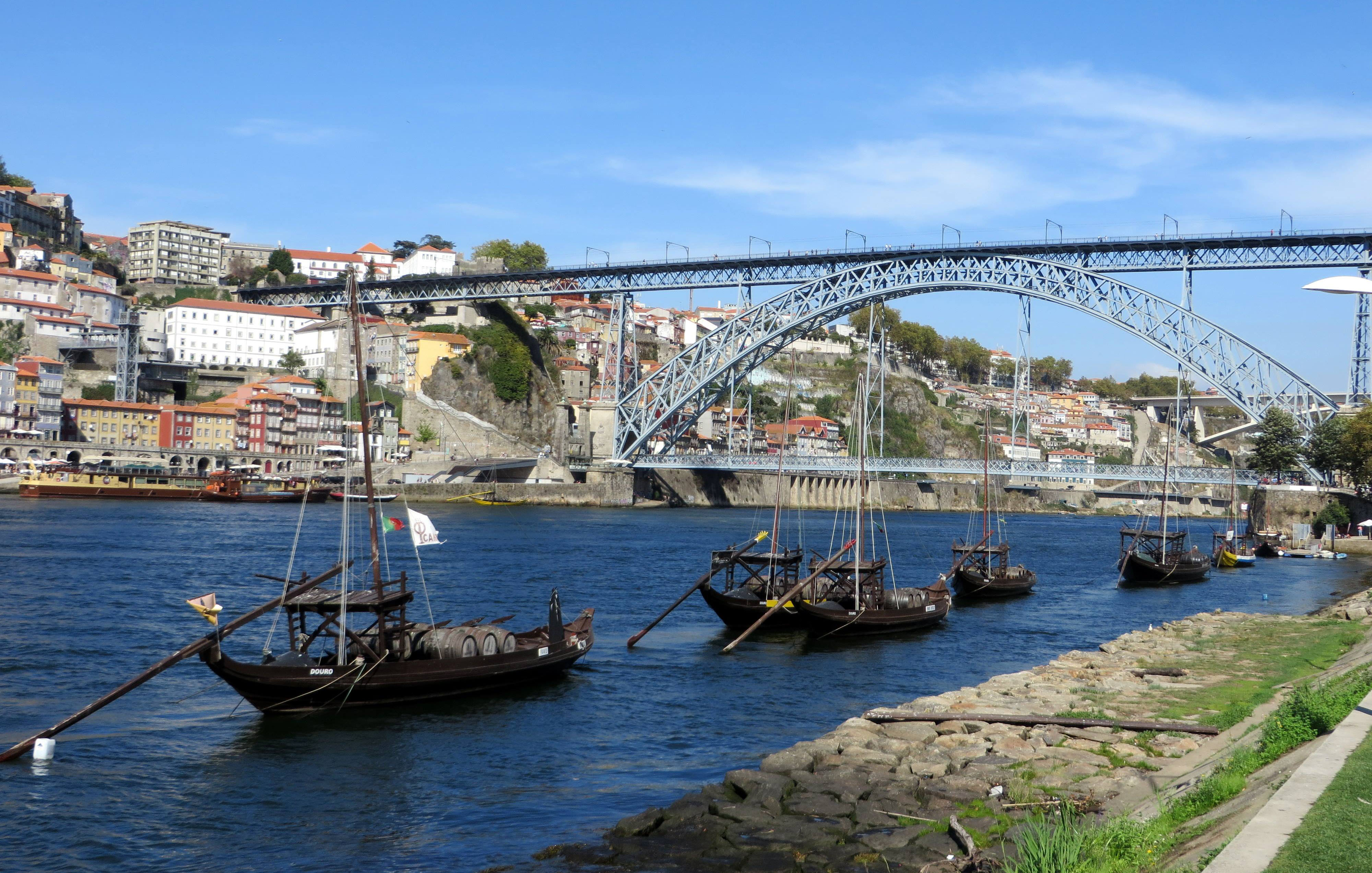 End of the trip. Optional transfer to the airport.
End of the trip. Optional transfer to the airport.
